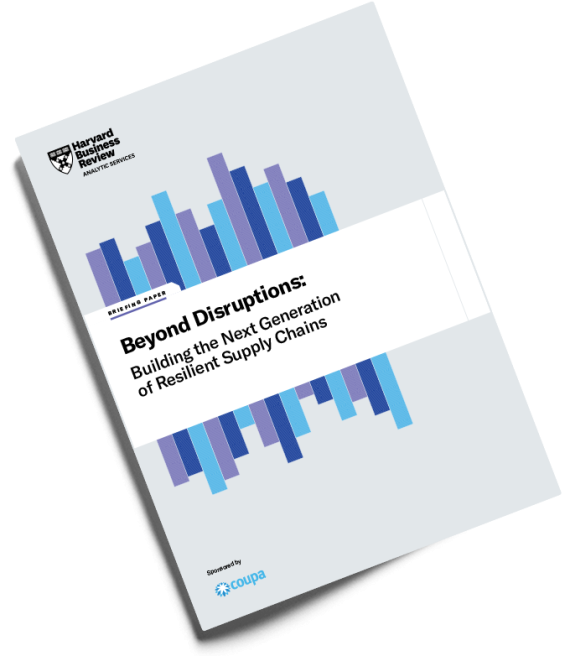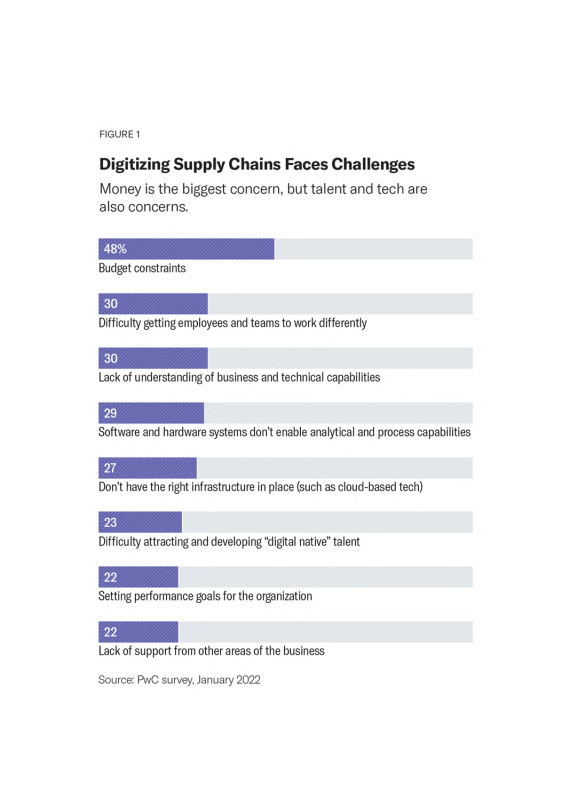Beyond Disruptions: Building the Next Generation of Resilient Supply Chains
This Harvard Business Review Analytic Services Briefing Paper examines the need to continuously refine the supply chain in the face of ongoing disruptions.
With so much riding on the supply chain, organizations are learning the hard lesson that to build resilience in today’s environment, they need to improve supply chain flexibility. This requires gaining greater visibility into the risks and vulnerabilities present throughout their supply chains.
In years past, a company could review its supply chain design every few years, or, more typically, let it take shape organically in response to opportunities and cost pressures. But that dynamic has changed. As the shifts and shocks of the real world come faster, more companies recognize and are embracing the need to continuously refine the supply chain to achieve a balance between efficiency and resiliency.
Read the Harvard Business Review Analytic Services Briefing Paper, Beyond Disruptions: Building the Next Generation of Resilient Supply Chains, to understand:
- How companies can identify and work through bottlenecks, shorter decision time-frames, and adjust to high-stakes environments with the help of continuous supply chain design and digital twins
- How a faster, technology—supported design capability is the key to greater resilience and improved flexibility
- How a change in organizational culture—to refocus talent, awareness, and commitment—is required to embed new capabilities and make them sustainable
THE EVOLVING SUPPLY CHAIN AGENDA
The pandemic and recent supply chain crises have put supply chain risk at the top of the agenda for CFOs and other top management, and that has had a positive effect on companies’ willingness to invest in needed capabilities— whether it involves technology or human skills.
Besides educating other segments of the organization, other challenges await companies trying to digitize their supply chains. According to PwC’s Digital Trends in Supply Chain survey, which was completed in January 2022, budget constraints was the biggest concern, cited by 48% of the 244 respondents, which included operations and information technology managers, C-suite executives, and other supply chain officers in supply chain-intensive sectors. See figure 1.
On-Demand Webinar: Beyond Disruptions:
Building the Next Generation of Resilient Supply Chains
Listen to this on-demand webinar for insights on building resiliency in supply chains, featuring a panel with Beiersdorf and Coupa.

